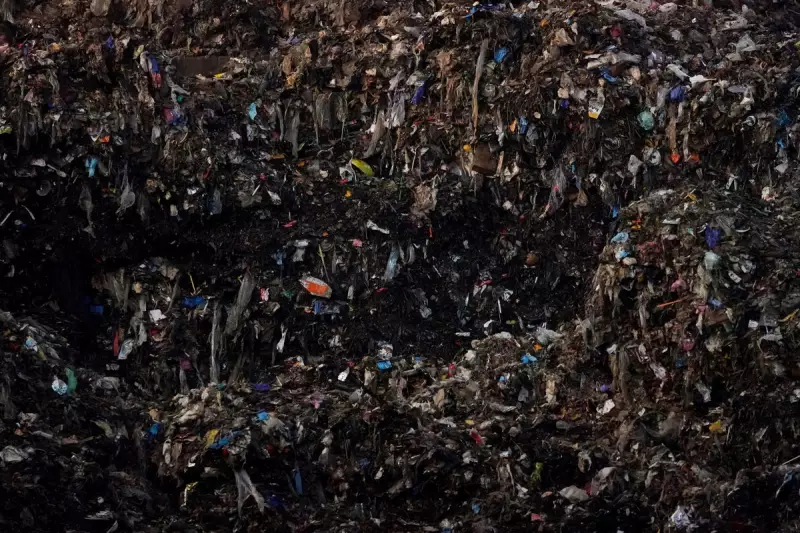
In a startling discovery that reads like a culinary crime thriller, US environmental authorities have uncovered a clandestine herb-growing operation in the heart of New York City. The Environmental Protection Agency (EPA) stumbled upon what officials are calling an "unauthorised agricultural facility" during a routine inspection in Brooklyn.
The Basil Bust
Federal agents found approximately 250 pounds of basil and other Italian herbs being cultivated under artificial lighting in a converted warehouse space. The operation, which lacked proper certification and violated multiple agricultural regulations, was supplying fresh herbs to local restaurants and specialty food stores.
An EPA spokesperson confirmed the discovery, stating: "While we typically investigate pollution and environmental hazards, this unusual case fell under our jurisdiction due to potential pesticide misuse and improper waste disposal practices."
Pesto Problems
The investigation revealed that the herbs were being used to produce fresh pesto sauce, which was then distributed to upscale Manhattan eateries. Food safety experts have raised concerns about the potential health risks associated with uncertified growing operations.
Key concerns identified by investigators include:
- Unverified water sources for irrigation
- Unknown pesticide and fertiliser use
- Inadequate sanitation controls
- Lack of proper food handling certification
Bigger Than Basil
This case highlights growing concerns about urban agriculture operations bypassing standard food safety protocols. While urban farming has gained popularity for its sustainability benefits, authorities stress that proper licensing and inspection remain crucial for consumer protection.
The EPA has issued violation notices to the operators and is working with local health departments to track down and remove any contaminated products from circulation. Restaurant owners who purchased the herbs face potential fines and reputational damage.
As New York's food scene continues to prioritise local and artisanal ingredients, this incident serves as a stark reminder that not all farm-to-table claims meet regulatory standards.





